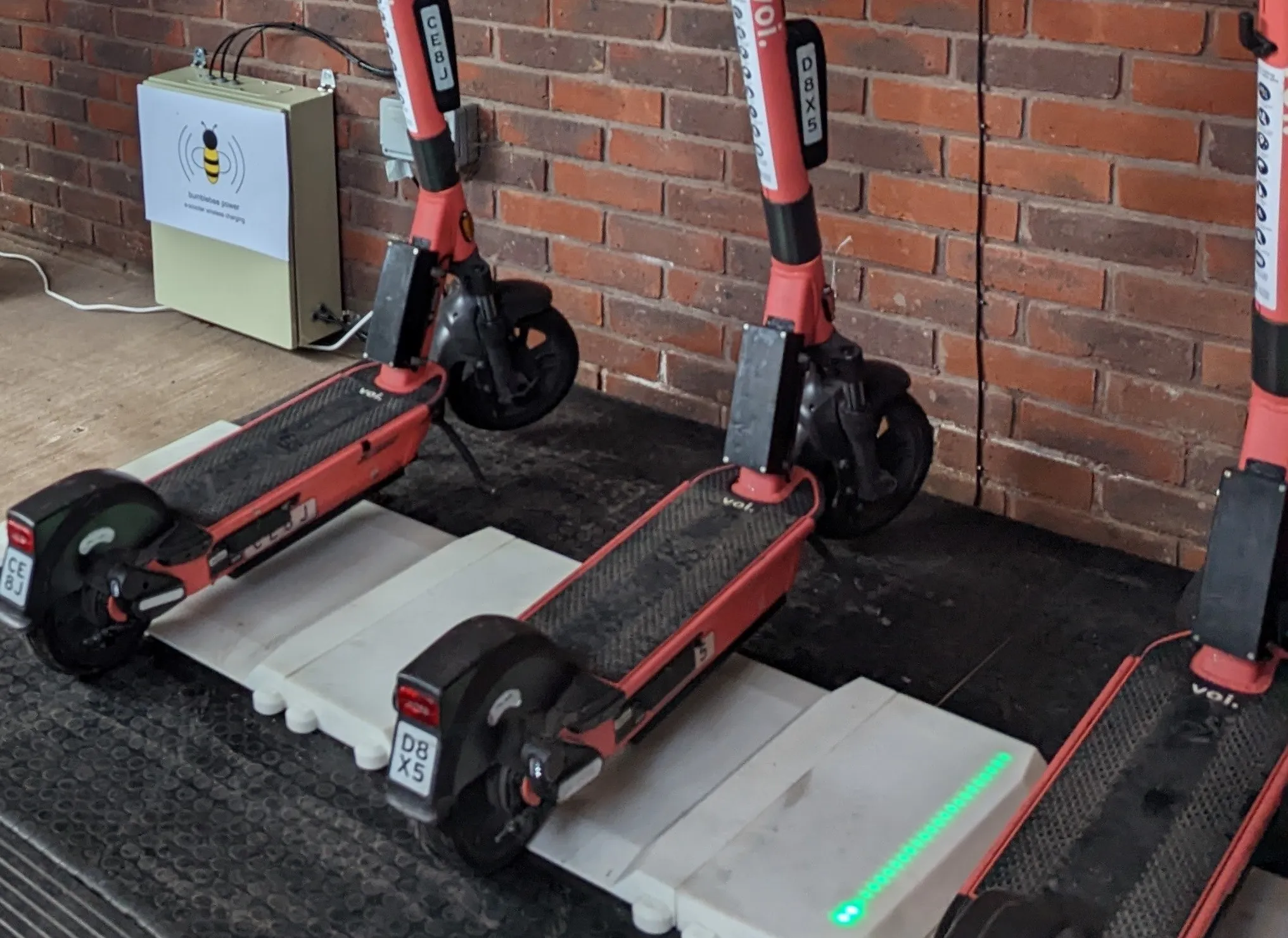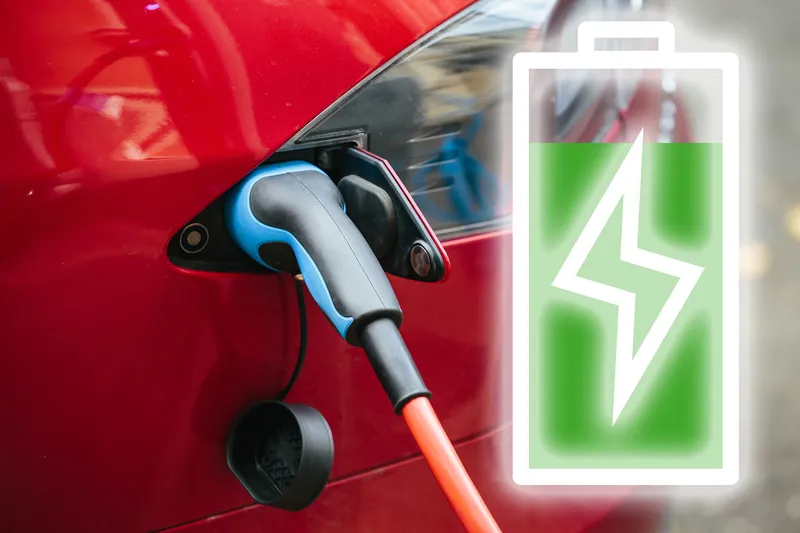A two-year pilot project has begun in London with taxi firm Addison Lee and electric vehicle (EV) manufacturer Renault, which uses the principle of magnetic induction to jump electricity from a base station direct to the vehicle’s battery to deliver wireless charging. The charging technology being used is called Halo and has been developed by mobile innovations company Qualcomm, the organisation responsible for processors powering the latest generation of smartphones and tablets. ‘EV drivers will opt for th
October 10, 2012
Read time: 3 mins
A two-year pilot project has begun in London with taxi firm 6687 Addison Lee and electric vehicle (EV) manufacturer 2453 Renault, which uses the principle of magnetic induction to jump electricity from a base station direct to the vehicle’s battery to deliver wireless charging.
The charging technology being used is called Halo and has been developed by mobile innovations company213 Qualcomm, the organisation responsible for processors powering the latest generation of smartphones and tablets. ‘EV drivers will opt for the simplicity of wireless charging because there’s no fuss from dirty cables that are difficult to handle in the cold and wet,’ says a Qualcomm spokesman.
Halo consists of a black pad, about the size and thickness of a newspaper, positioned centrally in a parking bay and either laid flat on the tarmac or buried slightly beneath it. The electricity running through the pad creates a virtual bubble above it and as long as the receiver unit on the car is inside that perimeter, the battery will automatically power up.
As the car approaches a Halo-enabled parking bay, it establishes a Bluetooth connection with the control unit and an alignment display switches from red to green to; after a few seconds, the screen changes to confirm power is going into the battery.
The system is currently configured to accept a domestic power supply, so it takes eight hours to charge a vehicle, although the development of a more advanced unit could reduce that time to around 90 minutes.
Using a standard EV, the Delta E4, designed and built by6688 Delta Motorsport, that has been modified to use the wireless system, impressive results have apparently been obtained: when the battery is fully charged, it has a 140 mile range, reaches 60mph in around 6.5 seconds and has a top speed in excess of 100mph.
The Delta E4’s interior has a centrally mounted touch-screen interface, slightly smaller than an iPad, which controls everything from the audio to the air conditioning and also oversees the charging procedure.
Renault, which is supplying cars for the trial, has invested hugely in electric vehicles and is aiming to be the first mass-market manufacturer to offer a completely zero-emission model range. Jacques Hebrard, Renault’s advanced projects director, says, “Our participation complements our European research project to demonstrate wireless induction charging of electric vehicles in a public environment with a high level of performance and safety.”
The charging technology being used is called Halo and has been developed by mobile innovations company
Halo consists of a black pad, about the size and thickness of a newspaper, positioned centrally in a parking bay and either laid flat on the tarmac or buried slightly beneath it. The electricity running through the pad creates a virtual bubble above it and as long as the receiver unit on the car is inside that perimeter, the battery will automatically power up.
As the car approaches a Halo-enabled parking bay, it establishes a Bluetooth connection with the control unit and an alignment display switches from red to green to; after a few seconds, the screen changes to confirm power is going into the battery.
The system is currently configured to accept a domestic power supply, so it takes eight hours to charge a vehicle, although the development of a more advanced unit could reduce that time to around 90 minutes.
Using a standard EV, the Delta E4, designed and built by
The Delta E4’s interior has a centrally mounted touch-screen interface, slightly smaller than an iPad, which controls everything from the audio to the air conditioning and also oversees the charging procedure.
Renault, which is supplying cars for the trial, has invested hugely in electric vehicles and is aiming to be the first mass-market manufacturer to offer a completely zero-emission model range. Jacques Hebrard, Renault’s advanced projects director, says, “Our participation complements our European research project to demonstrate wireless induction charging of electric vehicles in a public environment with a high level of performance and safety.”








